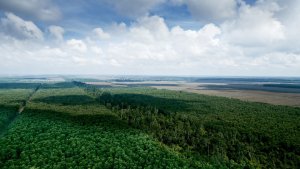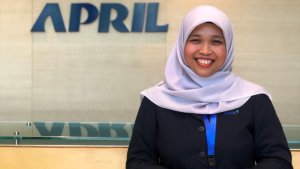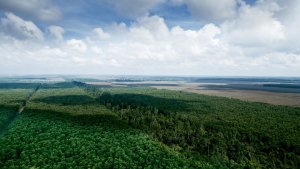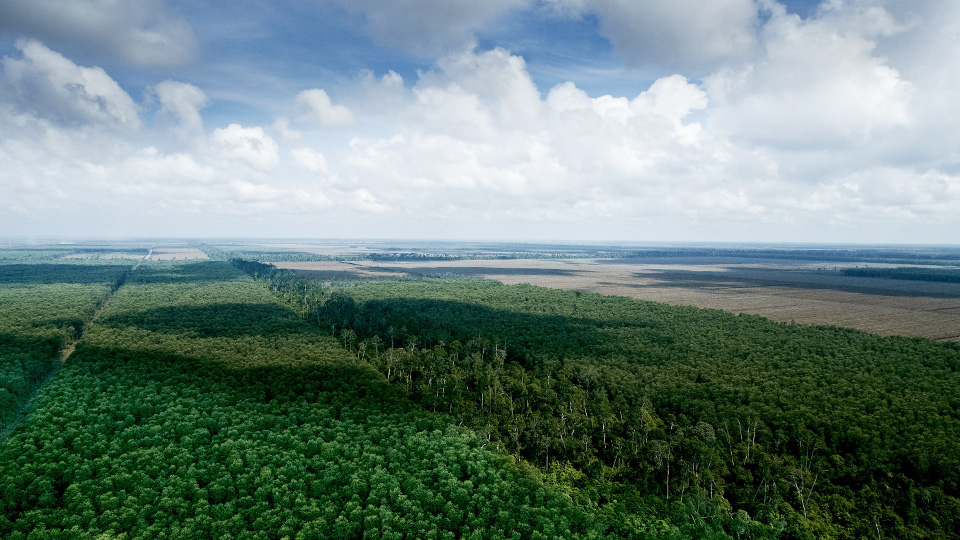APRIL Group's Energy Management System Receives ISO 50001:2018 Certification
- Details
APRIL Group’s commitment to running a sustainable business has once again been recognised, with its Energy Management System at its pulp and paper mill recently receiving the ISO 50001:2018 certification from SGS Indonesia.
SGS is the world’s leading inspection, verification, testing and certification company, which is itself accredited by Accredia, Italy’s national accreditation body.
The ISO 50001:2018 Energy Management Systems Certification signifies that the pulp and paper production processes at Riau Andalan Pulp and Paper (RAPP) are operating effectively while saving on operational costs and energy, contributing to minimum impact on the environment.
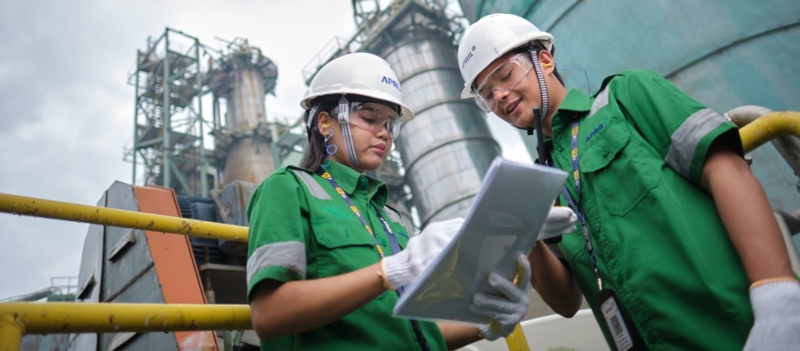
As with other certifications, the ISO 50001 follows a ‘Plan-Do-Check-Act’ cycle to ensure continuous improvement in operations.
Eduward Ginting, RAPP Chief Operating Officer, said the company has made effective and efficient energy in its operations a focus since the beginning, and it is one of the RAPP's ongoing performance benchmarks.
Eduward said that RAPP will continue to conduct periodic reviews of its energy performance and improve on energy efficiency in all parts of the company.
At the moment, 80.7% of the company’s total energy needs are met by renewable energy sources. APRIL has managed to reduce its dependence on fossil fuels by reusing the waste generated from its production processes and converting it into biofuels.
The most significant contributor to the production of renewable fuels at RAPP is its recovery boilers, one of the world’s largest units which processes black liquor which results from the pulp making process, converting it into energy. Each boiler is capable of producing up to 390 MW of energy per year.
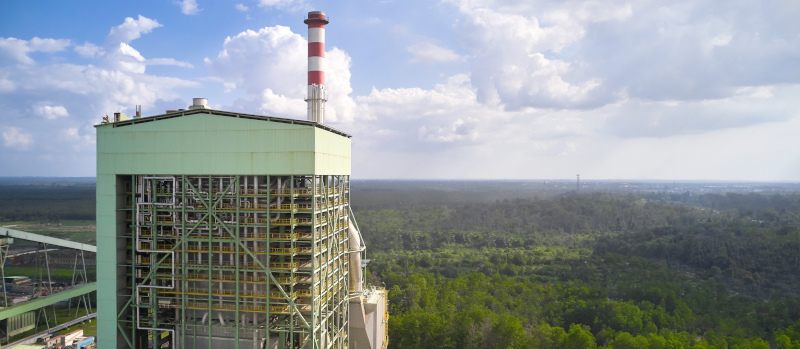
RAPP uses this converted energy to produce steam required in the drying process of paper production, as well as to generate electricity to power its mills.
Further energy efficiency is also achieved through the use of methanol, which is obtained through a refining and evaporation process which involves black leachate. This methanol is reused in the company’s furnaces, thereby helping to reduce overall dependence on fossil fuels.
“Not only are we able to fulfil our company’s energy needs, as much as 3 per cent or around 15 MW of it is also channeled into the local electricity grid to provide additional energy to our surrounding community,” said Eduward.
APRIL continues to be a leading company in Indonesia which helps to support the achievement of Goal 12: Sustainable Consumption and Production under the United Nations’ Sustainable Development Goals (SGDs).
The company’s efforts are also in line Royal Golden Eagle (RGE) 5Cs business principle of doing what is Good for the Climate, Good For Community, Good for Customer, Good for Country, and only then will it be Good for Company.
More Articles
